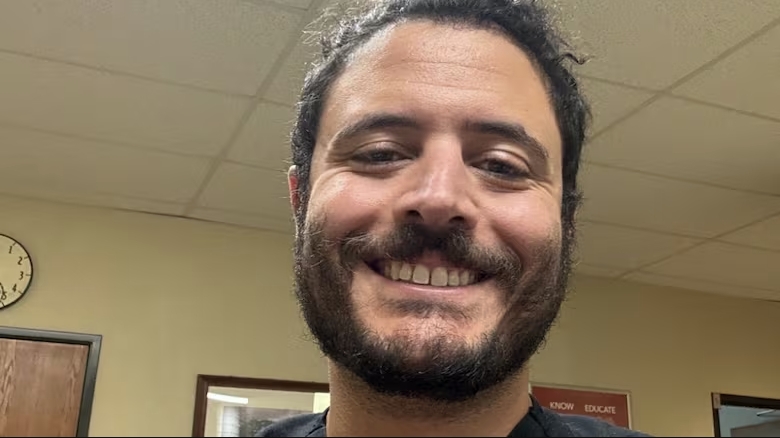Why This U.S.-Based Doctor Is Coming Home to B.C. to Practice Medicine
Shraddha Tripathy
6/11/20252 min read


After six years of practicing family medicine in Colorado, Canadian-born Dr. Muthanna Yacoub is coming home — and he’s bringing his stethoscope with him.
“It’s been a long-time dream to come back to Canada,” said the 36-year-old physician, who will join a city-owned clinic in Colwood, near Victoria, this fall. “For me, it’s hockey and the hills — they’re basically my antidepressant.”
Yacoub is one of the first high-profile recruits under a B.C. government strategy to attract U.S.-trained doctors, with Health Minister Josie Osborne calling it a key move to reduce local staffing gaps without poaching from other parts of the province.
Leaving U.S. Health Care Behind
Yacoub says he grew increasingly disheartened by the American private health-care system, where insurance companies often determine patient care.
“Some days it feels like you’re treating the insurance company, not the patient,” he said. “You’re constantly choosing between your conscience and compliance — and we’re getting sick of it.”
He says the turning point came during the Trump administration, particularly with the appointment of anti-vaccine figure Robert F. Kennedy Jr. to a key health role.
“Can we still treat patients ethically and follow the science? That became a real concern,” said Yacoub, who holds dual Canadian-U.S. citizenship.
B.C.'s Cross-Border Recruitment Push
Yacoub is the first of what Colwood clinic co-director Dr. Jesse Pewarchuk hopes will be many cross-border hires. B.C. recently launched a $5 million recruitment campaign targeting doctors and nurses in Washington, Oregon, and California.
“This is a smart strategy,” said Pewarchuk. “The U.S. has far more health-care workers than we can ever train ourselves — it’s fertile ground.”
While Yacoub’s move is relatively seamless due to his citizenship, U.S.-born physicians would face immigration hurdles. Complicating matters, Ottawa recently cut B.C.’s provincial nominee cap for skilled workers in half — from 8,000 to 4,000. The province says it will reserve 25% of those spots for health-care professionals.
Choosing Values Over Pay
Despite concerns about salary differences, Yacoub says the pay at the Colwood clinic is comparable to what he earned in Colorado, with the pension and quality of life sealing the deal.
“We were almost going to Ontario,” he said, “but the people, the values — and B.C.’s beauty — really drew us here.”
News
Stay updated with the latest BC news stories, subscribe to our newsletter today.
SUBSCRIBE
© 2025 Innovatory Labs Inc.. All rights reserved.
LINKS
